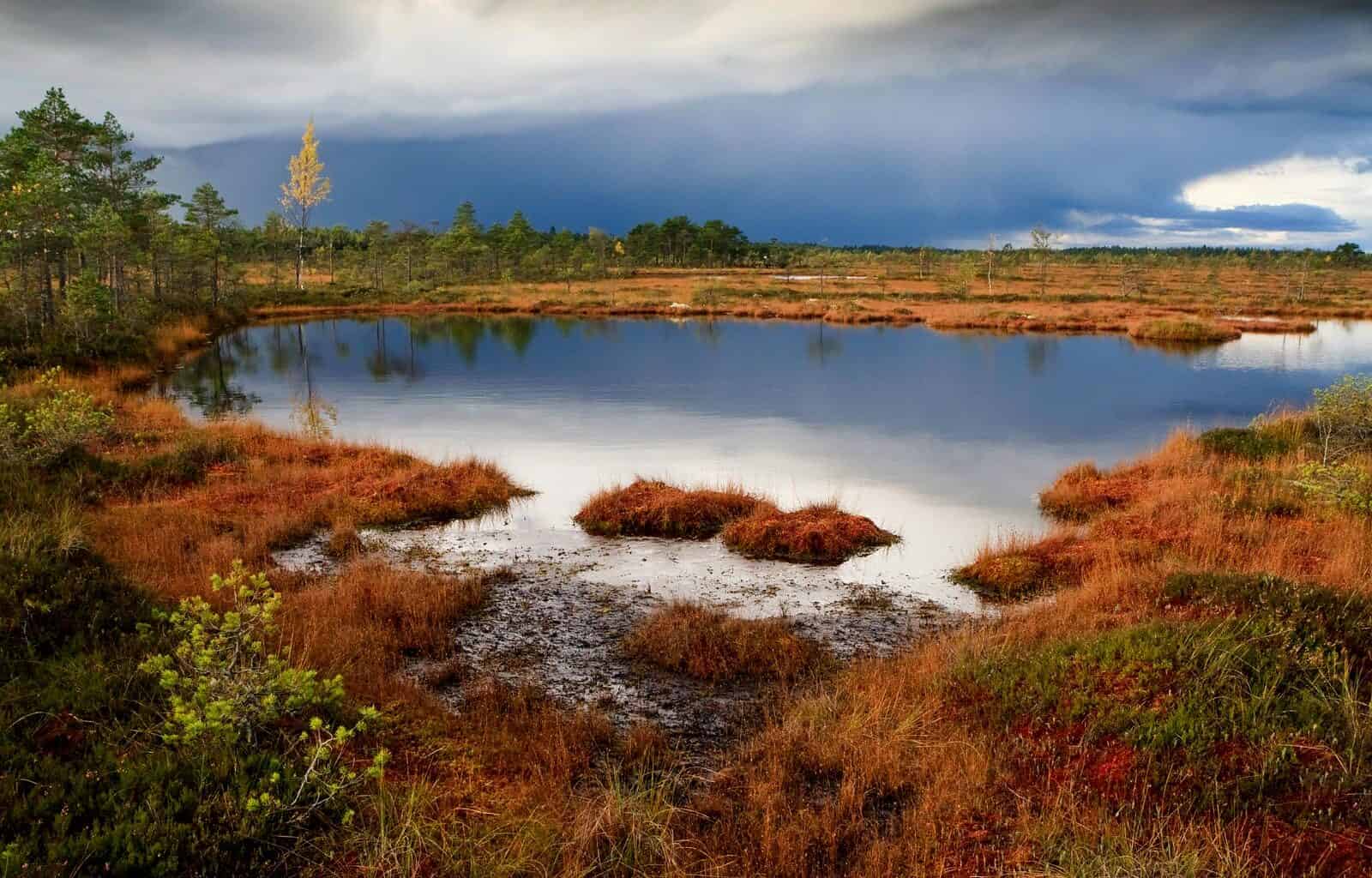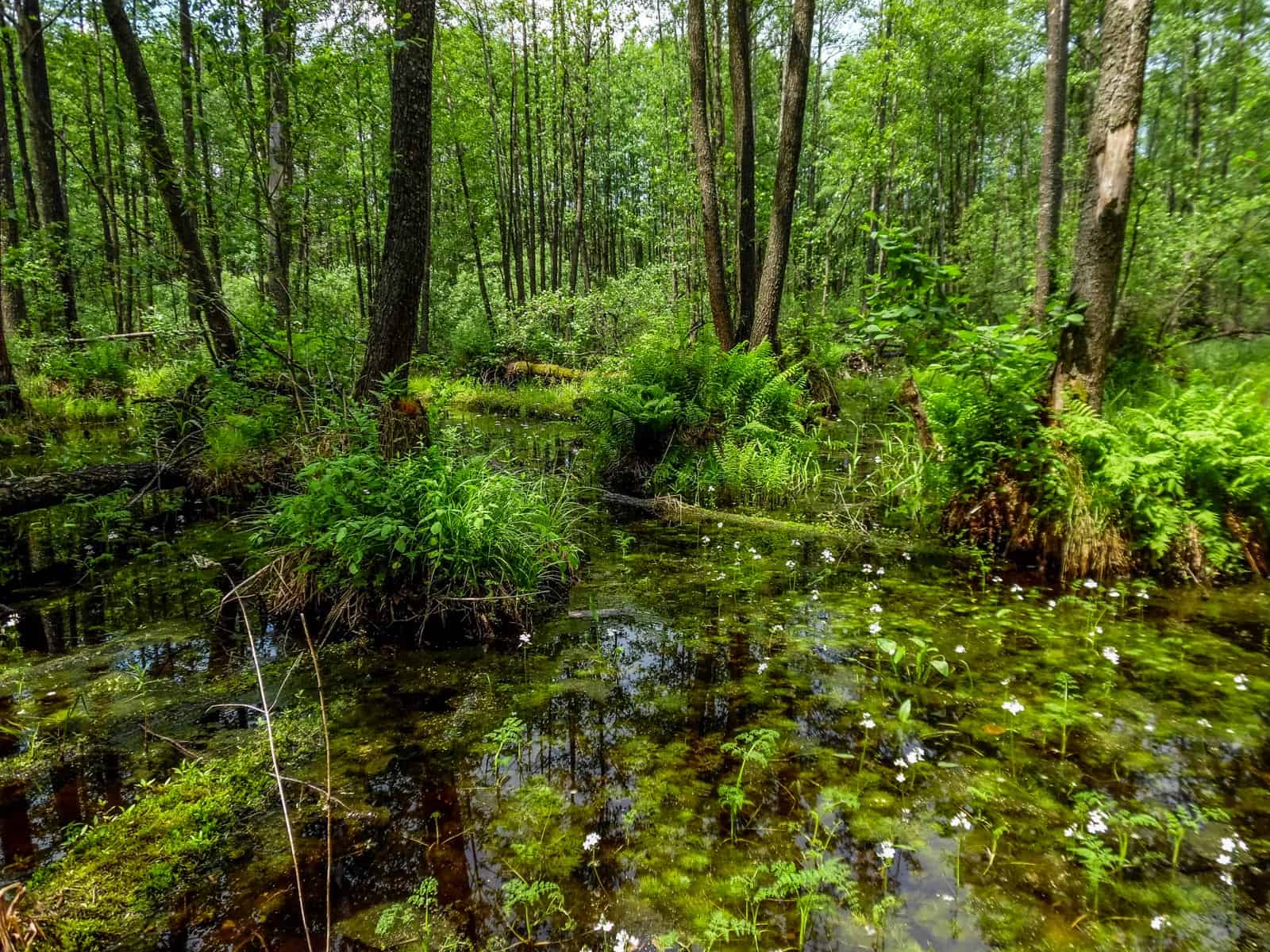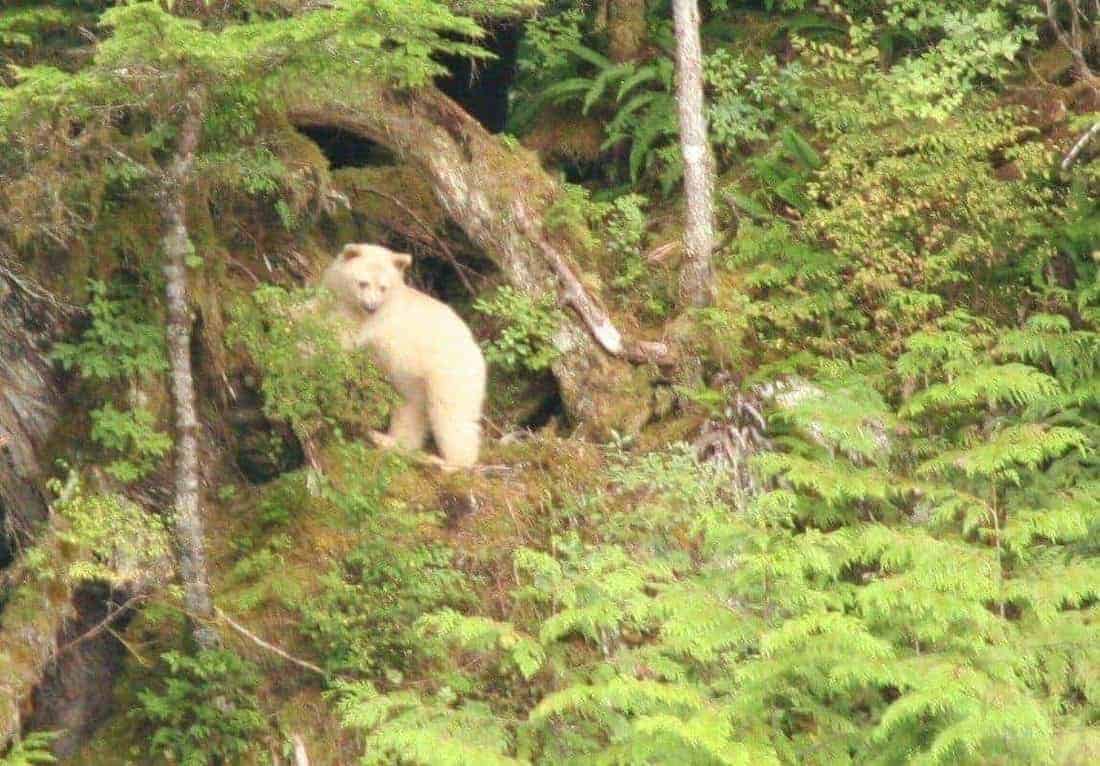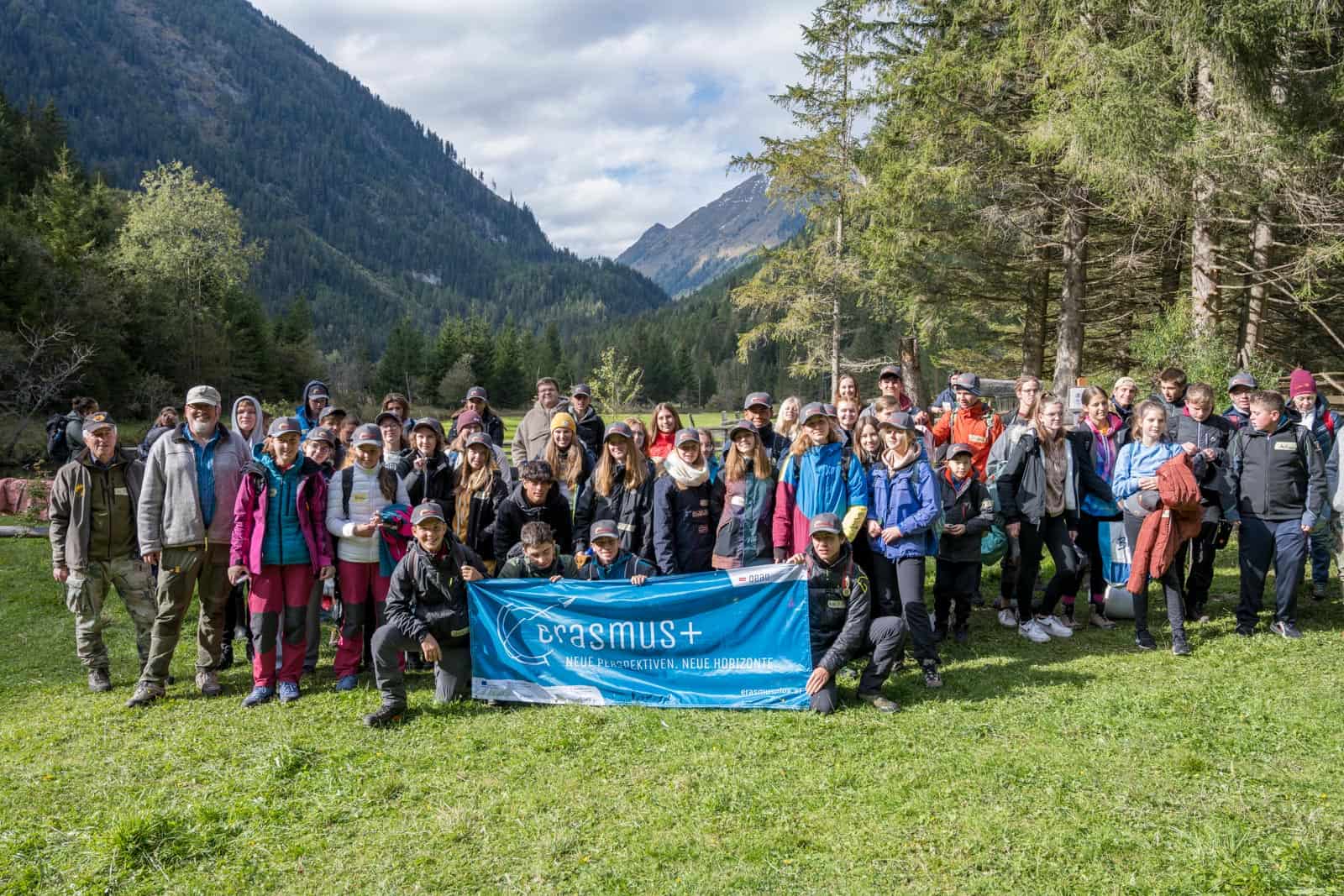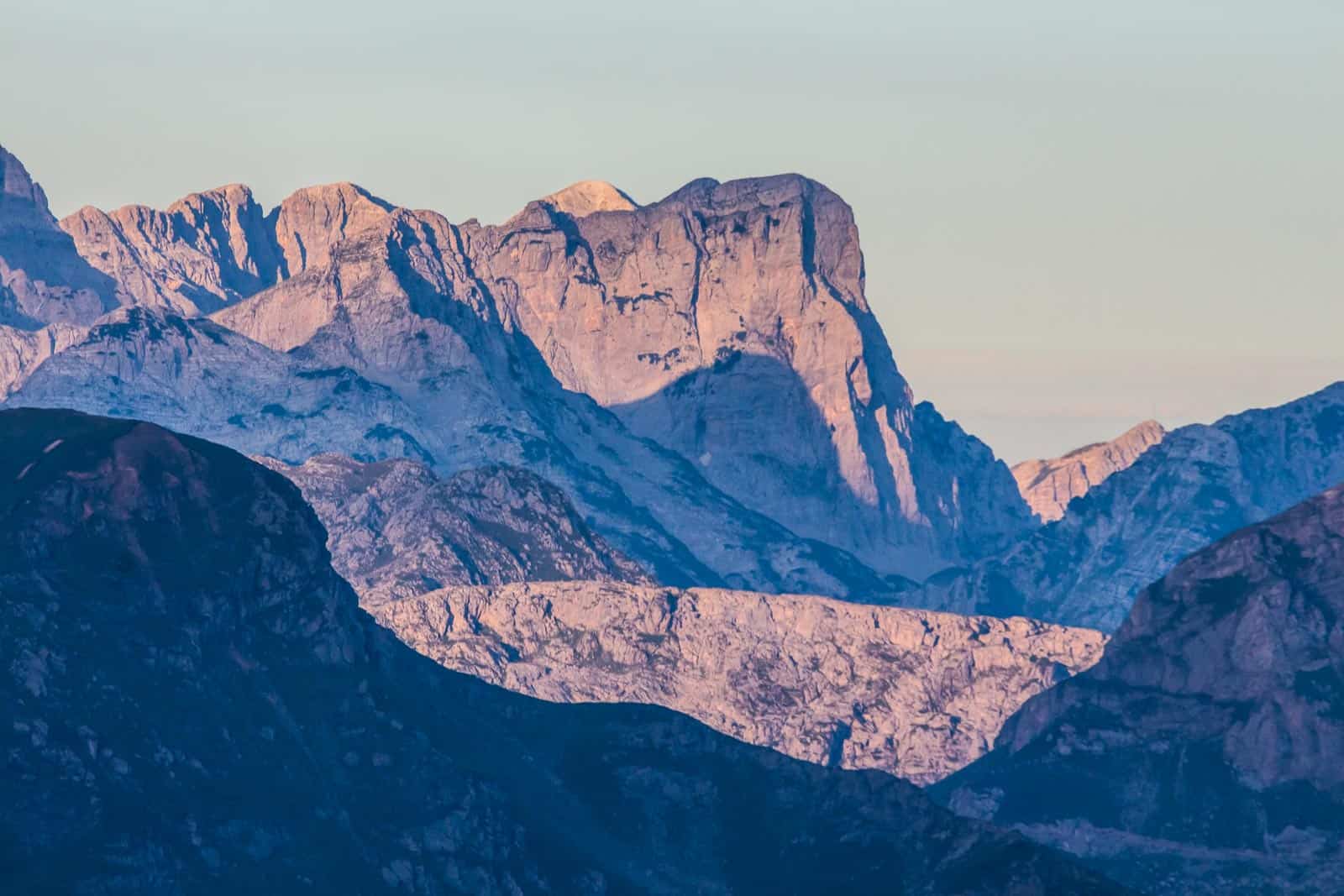Wilderness Functions
Lesson on Wilderness
Wilderness Function
Objectively measurable attributes of Wilderness areas, such as flora and fauna, water storage and flow, and geographical features, support a number of major functions. These functions or fundamental purposes include:
- preservation of natural and wild places
- preservation of ecosystem health and biodiversity
- and provisions of recreational and experiential settings
The Definition of European Wilderness and Wild Areas clearly recognize preservation of natural and wild places as one of the functions or fundamental purposes of Wilderness areas. The Definition, for example, indicates that the Wilderness area ‘is composed of native habitats and species, and large enough for the effective ecological functioning of natural processes…’
In this context native habitats and species, clearly refers to the presence of plants, animals, and physical landscape features in ecosystems that are not being manipulated by humans ‘…a Wilderness is an area governed by natural processes’.
Wilderness is a place with a high degree of wildness where high level of both naturalness (native habitats and species) and freedom from human management (an area governed by natural processes) can be study, observed and experienced.
The Definition of European Wilderness and Wild Areas also firmly highlights …the effective ecological functioning of natural processes and missing extractive human activity, settlements, infrastructure or visual disturbance.
The effective ecological functioning of Wilderness area includes preservation of healthy, functioning ecosystems and the support of native biodiversity. Preservation of healthy ecosystems, can provide a storehouse of opportunity for scientific observation of a variety of plants and animals and components of regional or even global chemical cycles, such as hydrologic, carbone, and oxygen cycles.
Thus, a unique function or fundamental purpose of Wilderness area, is that it preserves a high level of both naturalness and freedom from human interference or control.
The Definition of European Wilderness and Wild Areas, doesn’t clearly stipulate the function of Wilderness as a setting for recreational and other human experiences. The US Wilderness Act, for example, states that Wilderness is a place with “outstanding opportunities for solitude or a primitive and unconfined type of recreation.”
However, opportunity for people to experience the spiritual quality of Wilderness is mention in following paragraphs of the Definition of European Wilderness and Wild Areas document: Wilderness areas represent a vital element of Europe’s natural and cultural heritage. In addition to their intrinsic value, they offer the opportunity for people to experience the spiritual quality of nature in the widest experiential sense – beyond mere physical and visual attributes, and in particular its psychological impact.
The next Post: Wilderness Services…

